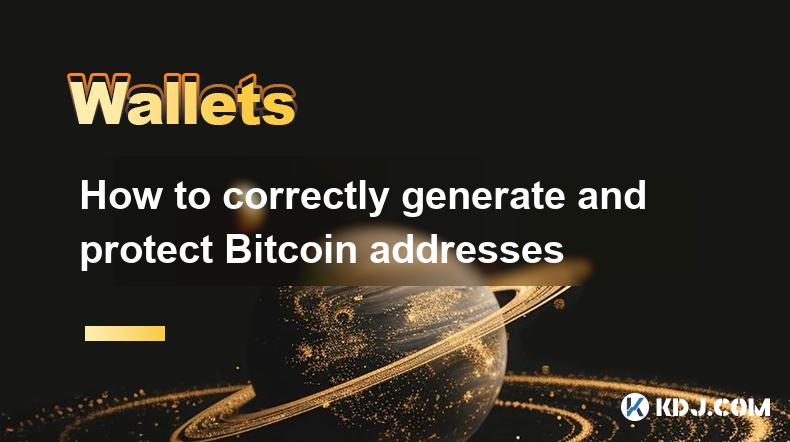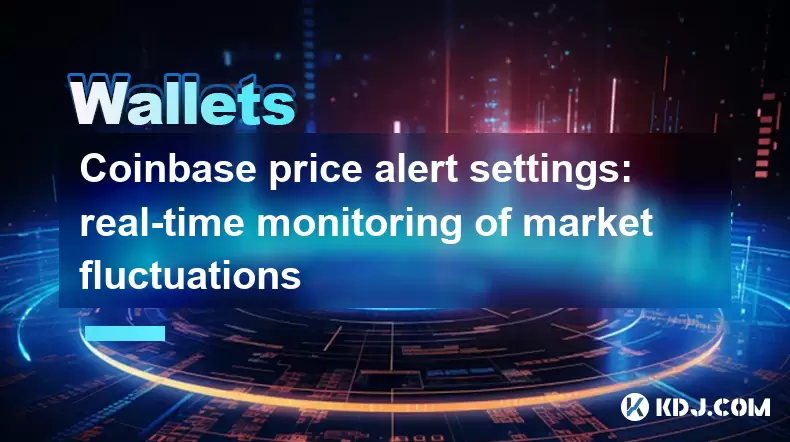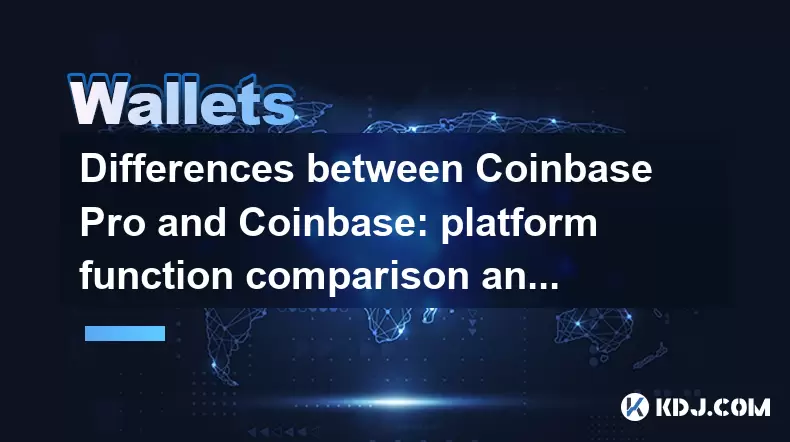-
 Bitcoin
Bitcoin $107,341.7259
0.15% -
 Ethereum
Ethereum $2,438.6204
0.70% -
 Tether USDt
Tether USDt $1.0003
-0.02% -
 XRP
XRP $2.1866
1.94% -
 BNB
BNB $649.0952
0.36% -
 Solana
Solana $150.9602
5.63% -
 USDC
USDC $0.9999
0.00% -
 TRON
TRON $0.2742
0.40% -
 Dogecoin
Dogecoin $0.1645
1.93% -
 Cardano
Cardano $0.5669
1.18% -
 Hyperliquid
Hyperliquid $37.8286
4.19% -
 Bitcoin Cash
Bitcoin Cash $491.4669
-2.74% -
 Sui
Sui $2.8150
3.06% -
 Chainlink
Chainlink $13.4184
2.91% -
 UNUS SED LEO
UNUS SED LEO $9.0809
0.27% -
 Avalanche
Avalanche $18.0295
2.60% -
 Stellar
Stellar $0.2396
1.19% -
 Toncoin
Toncoin $2.8587
0.13% -
 Shiba Inu
Shiba Inu $0.0...01160
2.59% -
 Litecoin
Litecoin $86.4192
1.45% -
 Hedera
Hedera $0.1486
1.19% -
 Monero
Monero $308.4324
0.87% -
 Polkadot
Polkadot $3.4202
1.43% -
 Bitget Token
Bitget Token $4.6436
-0.34% -
 Dai
Dai $0.9998
-0.02% -
 Ethena USDe
Ethena USDe $1.0002
0.00% -
 Uniswap
Uniswap $7.1527
3.29% -
 Pi
Pi $0.5357
-8.45% -
 Pepe
Pepe $0.0...09588
4.61% -
 Aave
Aave $259.9759
0.81%
How to correctly generate and protect Bitcoin addresses
Bitcoin addresses are generated from cryptographic key pairs; securing the private key is crucial as losing it means losing your Bitcoin. Use reputable wallets for safety.
Apr 02, 2025 at 06:49 am

Understanding Bitcoin Addresses
A Bitcoin address is like your bank account number. It's a unique identifier that allows others to send you Bitcoin. Unlike a bank account, however, Bitcoin addresses are generated cryptographically and are linked to your private keys. Losing your private keys means losing access to your Bitcoin. Therefore, generating and securing your addresses is paramount.
Generating Bitcoin Addresses: The Key Pair
Bitcoin addresses are derived from a pair of cryptographic keys: a public key and a private key. The private key is a secret number that only you should know. It's used to sign transactions, proving ownership of the Bitcoin associated with the address. The public key is derived from the private key through a one-way function and is used to generate your Bitcoin address. Never share your private key with anyone.
Methods for Generating Bitcoin Addresses
There are several ways to generate Bitcoin addresses:
Using a Bitcoin Wallet: This is the most common and recommended method. Reputable wallets handle key generation securely and automatically. They offer user-friendly interfaces and often include additional security features.
Using a Hardware Wallet: These devices provide an extra layer of security by storing your private keys offline. They are highly recommended for users holding significant amounts of Bitcoin.
Using Command-Line Tools: For technically proficient users, command-line tools like
bitcoin-clican generate addresses. This method requires a deep understanding of cryptography and security best practices. Incorrect usage can lead to loss of funds.Using Online Generators (Not Recommended): Avoid using online Bitcoin address generators. These websites often lack security, potentially exposing your private keys to malicious actors. Always use a reputable and trusted wallet.
Protecting Your Bitcoin Addresses and Private Keys
The security of your Bitcoin depends entirely on the security of your private keys. Here are crucial steps to protect them:
Use a Strong Password: If your wallet uses a password, choose a complex and unique one. Avoid easily guessable passwords. Use a password manager to securely store your passwords.
Enable Two-Factor Authentication (2FA): Whenever available, enable 2FA for an extra layer of security. This adds an additional authentication step, making it harder for unauthorized users to access your wallet.
Regularly Back Up Your Wallet: Losing your wallet access is devastating. Back up your wallet's seed phrase (a list of words representing your private keys) and store it securely offline. Never store your seed phrase digitally.
Keep Your Software Updated: Keep your wallet software and operating system updated to patch security vulnerabilities. Outdated software is a prime target for hackers.
Be Wary of Phishing Scams: Be cautious of suspicious emails, websites, or messages requesting your private keys or wallet information. Legitimate companies will never ask for your private keys.
Use Antivirus Software: Install and maintain reputable antivirus software on your devices to protect against malware that could steal your private keys.
Use a Hardware Wallet (Recommended): For maximum security, consider using a hardware wallet. These devices store your private keys offline, making them significantly more resistant to hacking attempts.
Understanding Address Types
Bitcoin uses different address types, each with varying levels of security and compatibility. Understanding these differences is crucial:
Legacy Addresses (P2PKH): These are the older, less secure addresses. While still functional, they are gradually being replaced by newer address types.
SegWit Addresses (bech32): These addresses offer improved transaction fees and security compared to legacy addresses. They are generally preferred.
Nested SegWit Addresses (P2SH-SegWit): These addresses offer a balance between compatibility and security.
Common Questions and Answers
Q: What is a Bitcoin private key?
A: A Bitcoin private key is a secret number that allows you to spend the Bitcoin associated with a particular address. It's crucial to keep this key secure; losing it means losing your Bitcoin.
Q: What is a Bitcoin public key?
A: A Bitcoin public key is derived from your private key. It's used to generate your Bitcoin address and is not secret. You can share your public key without compromising your funds.
Q: What is a Bitcoin seed phrase?
A: A Bitcoin seed phrase is a list of words that acts as a backup for your private keys. It allows you to restore access to your wallet if you lose your device or software. Keep it safe and offline.
Q: How do I choose a reputable Bitcoin wallet?
A: Research thoroughly before choosing a wallet. Look for wallets with strong security features, positive user reviews, and a long-standing reputation. Consider factors like open-source code, multi-signature options, and hardware wallet support.
Q: What should I do if I suspect my Bitcoin address has been compromised?
A: If you suspect a compromise, immediately move your Bitcoin to a new, secure address. Change your wallet passwords and enable 2FA if possible. Consider reporting the incident to relevant authorities if necessary.
Q: Are online Bitcoin address generators safe?
A: No, online Bitcoin address generators are generally not safe. They often lack security measures and can expose your private keys to malicious actors. Always use a reputable wallet for address generation.
Q: What is the difference between a hardware wallet and a software wallet?
A: A hardware wallet stores your private keys on a physical device, offering superior security compared to software wallets, which store keys digitally on your computer or phone. Hardware wallets are recommended for larger amounts of Bitcoin.
Disclaimer:info@kdj.com
The information provided is not trading advice. kdj.com does not assume any responsibility for any investments made based on the information provided in this article. Cryptocurrencies are highly volatile and it is highly recommended that you invest with caution after thorough research!
If you believe that the content used on this website infringes your copyright, please contact us immediately (info@kdj.com) and we will delete it promptly.
- Trump, Bitcoin, and Peter Schiff: A New York Minute on Crypto Chaos
- 2025-06-29 12:30:12
- BTC Price, BlackRock ETF, Fed Signals: Decoding the Crypto Crossroads
- 2025-06-29 12:30:12
- SEI Price Skyrockets Amid ETF Hype and Bullish Uptrend: What's Next?
- 2025-06-29 12:50:11
- Bitcoin Mining, Cryptocurrency, and Blockchain: A New York State of Mind
- 2025-06-29 13:10:11
- Dogecoin's Double Bottom: Is an Explosive Move Imminent?
- 2025-06-29 12:55:11
- Kitten Craze Online: Hunting for the Purr-fect Coin Purse
- 2025-06-29 10:30:12
Related knowledge

Coinbase price alert settings: real-time monitoring of market fluctuations
Jun 29,2025 at 07:00am
Setting Up Coinbase Price AlertsTo begin real-time monitoring of market fluctuations on Coinbase, users can utilize the built-in price alert feature. This function allows you to receive notifications when a cryptocurrency reaches a specific price point. To access this setting, open the Coinbase app or log in via the web platform. Navigate to the 'Prices...

How to stake cryptocurrencies on Coinbase? Benefits and risks
Jun 27,2025 at 06:36pm
Understanding Cryptocurrency Staking on CoinbaseStaking cryptocurrencies involves locking up digital assets to support the operations of a blockchain network, typically in return for rewards. Coinbase, one of the most popular cryptocurrency exchanges globally, offers staking services for several proof-of-stake (PoS) coins. Users can stake their holdings...

Differences between Coinbase Pro and Coinbase: platform function comparison and analysis
Jun 29,2025 at 08:21am
Overview of Coinbase and Coinbase ProWhen exploring the cryptocurrency trading landscape, users often encounter two platforms under the same parent company: Coinbase and Coinbase Pro. While both are operated by the same organization, they cater to different types of users and offer varying features. Coinbase is primarily designed for beginners and casua...

How to contact Coinbase customer service? Support channels and response times
Jun 28,2025 at 01:29pm
Contacting Coinbase Customer Service: Support Channels and Response TimesIf you're a user of Coinbase, reaching their customer service team may become necessary for various reasons, such as account verification issues, transaction disputes, or technical difficulties. Understanding the different support channels available and what to expect in terms of r...

Coinbase advanced trading function usage tutorial: limit orders and market orders
Jun 28,2025 at 09:07pm
Understanding the Difference Between Limit Orders and Market OrdersWhen using Coinbase's advanced trading features, it is crucial to understand the fundamental difference between limit orders and market orders. A market order executes immediately at the best available price on the market. This type of order ensures that your trade goes through quickly, ...

How to sell Bitcoin on Coinbase? Detailed transaction steps
Jun 29,2025 at 04:22am
Setting Up Your Coinbase Account for TransactionsBefore you can sell Bitcoin on Coinbase, you must ensure your account is fully set up and verified. Coinbase requires identity verification to comply with regulatory standards. This process involves uploading a government-issued ID, confirming your address, and sometimes submitting a selfie holding the ID...

Coinbase price alert settings: real-time monitoring of market fluctuations
Jun 29,2025 at 07:00am
Setting Up Coinbase Price AlertsTo begin real-time monitoring of market fluctuations on Coinbase, users can utilize the built-in price alert feature. This function allows you to receive notifications when a cryptocurrency reaches a specific price point. To access this setting, open the Coinbase app or log in via the web platform. Navigate to the 'Prices...

How to stake cryptocurrencies on Coinbase? Benefits and risks
Jun 27,2025 at 06:36pm
Understanding Cryptocurrency Staking on CoinbaseStaking cryptocurrencies involves locking up digital assets to support the operations of a blockchain network, typically in return for rewards. Coinbase, one of the most popular cryptocurrency exchanges globally, offers staking services for several proof-of-stake (PoS) coins. Users can stake their holdings...

Differences between Coinbase Pro and Coinbase: platform function comparison and analysis
Jun 29,2025 at 08:21am
Overview of Coinbase and Coinbase ProWhen exploring the cryptocurrency trading landscape, users often encounter two platforms under the same parent company: Coinbase and Coinbase Pro. While both are operated by the same organization, they cater to different types of users and offer varying features. Coinbase is primarily designed for beginners and casua...

How to contact Coinbase customer service? Support channels and response times
Jun 28,2025 at 01:29pm
Contacting Coinbase Customer Service: Support Channels and Response TimesIf you're a user of Coinbase, reaching their customer service team may become necessary for various reasons, such as account verification issues, transaction disputes, or technical difficulties. Understanding the different support channels available and what to expect in terms of r...

Coinbase advanced trading function usage tutorial: limit orders and market orders
Jun 28,2025 at 09:07pm
Understanding the Difference Between Limit Orders and Market OrdersWhen using Coinbase's advanced trading features, it is crucial to understand the fundamental difference between limit orders and market orders. A market order executes immediately at the best available price on the market. This type of order ensures that your trade goes through quickly, ...

How to sell Bitcoin on Coinbase? Detailed transaction steps
Jun 29,2025 at 04:22am
Setting Up Your Coinbase Account for TransactionsBefore you can sell Bitcoin on Coinbase, you must ensure your account is fully set up and verified. Coinbase requires identity verification to comply with regulatory standards. This process involves uploading a government-issued ID, confirming your address, and sometimes submitting a selfie holding the ID...
See all articles

























































































